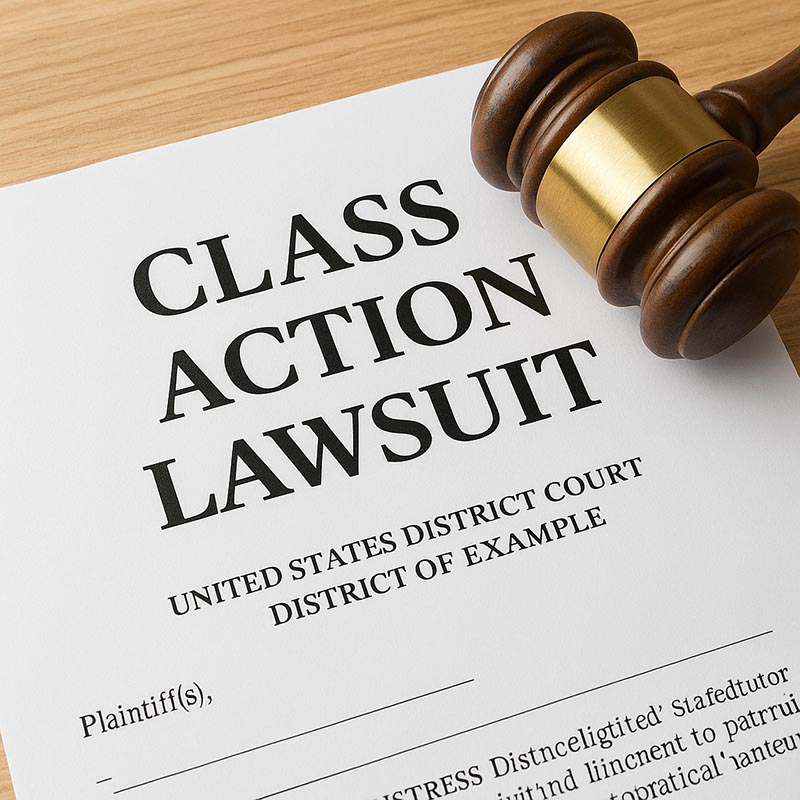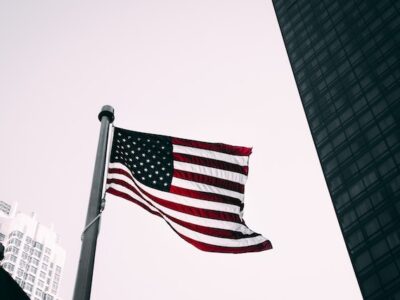Payam Javan: The City of Vancouver, its Police Department, and Vancouver Coastal Health are the targets of a new class-action lawsuit filed by a victim of the tragic Lapu-Lapu Day festival attack that occurred six months ago. The lawsuit alleges significant negligence and failure to adequately protect attendees of the Filipino street festival, where an SUV plowed through a crowded area, resulting in multiple deaths and dozens of injuries. The filing seeks damages for the plaintiff, John Lind, and all others who suffered physical injury, emotional trauma, or financial loss from the tragedy.
The core of the legal action rests on the accusation that municipal authorities ought to have foreseen the potential for unlawful entry into the festival grounds and failed to implement appropriate security measures. Specifically, the suit alleges that only rudimentary wooden sawhorse barricades were used to block vehicles, which proved entirely ineffective. Furthermore, it highlights the lack of a dedicated police deployment to patrol the festival despite the substantial anticipated attendance and large geographical scope of the event.
Adding a further layer of complexity, the lawsuit also implicates Vancouver Coastal Health, alleging that the agency was negligent in permitting the suspect, Kai-Ji Adam Lo, to be on extended leave from a mental health facility prior to the incident. Lo has been charged with 11 counts of second-degree murder and 31 counts of attempted murder, with a judge recently ruling him fit to stand trial. The inclusion of the health authority suggests a systemic failure in managing individuals deemed a risk to public safety.
The Filipino community in Vancouver continues to grapple with the aftermath, expressing a collective sense of anger, confusion, and a profound lack of closure six months on. Community advocates have publicly called on all three levels of government—federal, provincial, and municipal—to commit dedicated funding to the victims and their families, criticizing the lack of official financial support and the bureaucratic hurdles faced by those trying to navigate the system for aid.
While the class-action lawsuit still requires certification by the Supreme Court of British Columbia, its filing represents a major step toward accountability for the victims. It powerfully underscores the demand for justice and systemic change in how large public events are secured and how high-risk individuals are managed by health authorities. The outcome of the suit will set a critical precedent for public safety and governmental responsibility in Canada.








